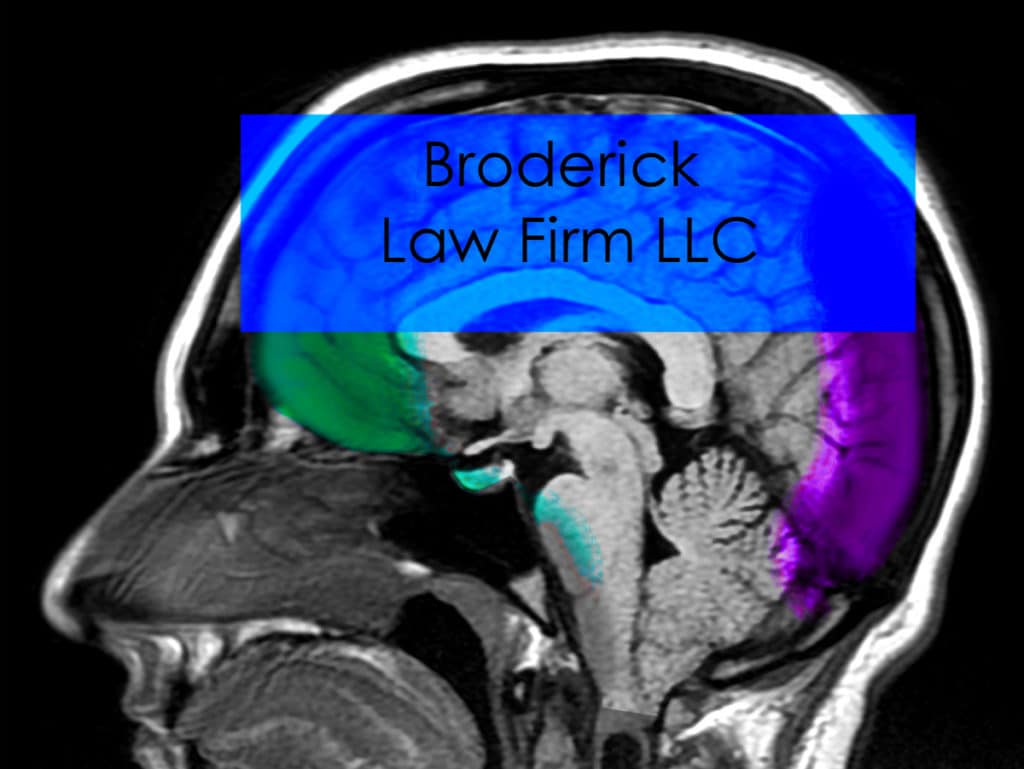When you hear “traumatic brain injury,” chances are that you think of a catastrophic accident. It’s true that many traumatic brain injuries (TBIs) are caused by events such as a car accident, motorcycle accident, or fall from an upper level (such as construction site injuries). However, traumatic brain injuries may occur in much more routine circumstances. For example, playing high school sports, falling off of a piece of equipment on the playground, or even a slip and fall on the ice.
Of course, not all traumatic brain injuries equally serious. However, it is important to recognize that even the least serious type of traumatic brain injury may cause long term symptoms and limitations.
The Three Levels of Traumatic Brain Injury
Though the terms may seem contradictory, it is possible to sustain a mild traumatic brain injury. A mild TBI typically involves a very brief period of unconsciousness, or even none at all. Rather, the victim may simply be dazed or confused. Some change in mental status is required for diagnosis of traumatic brain injury. The term “concussion” may be used interchangeably with “mild TBI.”
Moderate TBI involves a longer period of unconsciousness, lasting from a few minutes to a few hours. Confusion persists for days, or longer, and cognitive impairment may be long-term or permanent.
A severe TBI typically has lifelong consequences. These injuries generally occur when the skull is seriously fractured or crushed, or the victim sustains a penetrating blow to the head. Severe TBI is the most likely to be fatal, and nearly always leaves the patient with persistent deficits.
The Lasting Impact of TBI
Traumatic brain injury can leave a victim with a wide range of impairments, including:
- Chronic headaches
- Cognitive changes
- Memory problems
- Personality changes
- Seizures
- Depression
- Irritability and mood swings
- Changes in hearing and sight
- Loss of motor skills
While some victims of traumatic brain injury are totally disabled after the accident or assault, many return to work and participation in other areas of life. The degree of success a person enjoys in becoming independent and enjoying life after a TBI depends in part on the seriousness of the injury, but also depends in part on the steps the injured person and his or her family take after the injury.
Some important steps to take in the aftermath of a serious head injury with a continuing impact include:
- Ensuring that family members and those involved on a day-to-day basis know what to expect and are prepared to respond accordingly
- Taking advantage of occupational therapy and other assistance available to rebuild skills and find new approaches to the tasks involved in work and day-to-day life
- Employing tools like calendars, phone reminders, and white board schedules to stay oriented and manage time when memory or time sense has been affected
- Following up with medical professionals and follow their advice for as long as necessary
- Understanding your needs and limitations and adapting accordingly, whether that means avoiding sensory overload, taking more frequent breaks, or allowing extra time to complete tasks
- Finding new activities and interests if old ones are unavailable or no longer of interest; activity helps with anxiety, depression, and even pain management
- Avoiding stress, which can aggravate the cognitive and emotional effects of TBI
Of course, every case is different. The best strategies for managing life after traumatic brain injury will depend on the nature and seriousness of the injury, the injured person’s previous career and living situation, the support system available, and much more. The most important thing to be aware of is that millions of Americans are living with traumatic brain injuries, and proper care and systems can make a world of difference in quality of life. Make the investment in gathering the information and finding the tools you need.

